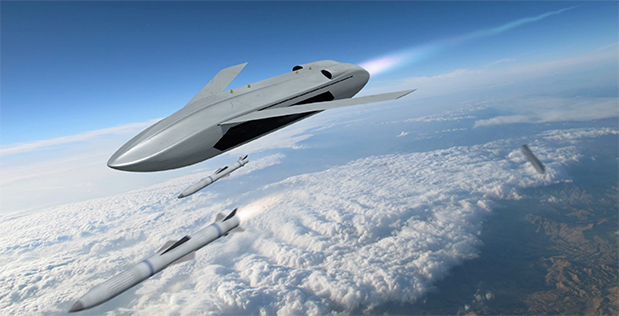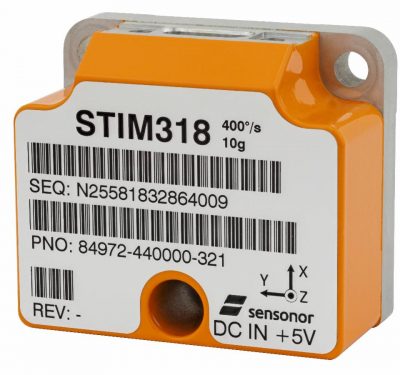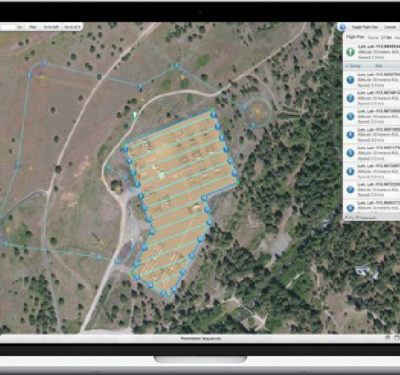
Artist’s conception of the Longshot, courtesy DARPA.
The U.S. Defense Advanced Research Projects Agency’s (DARPA’s) LongShot program seeks to increase engagement range and effectiveness of air-to-air weaponry by developing an air-launched unmanned air vehicle (UAV) with the ability to deploy multiple such air-to-air weapons.
DARPA recently awarded contracts to General Atomics, Lockheed Martin, and Northrop Grumman for preliminary Phase I design work. The objective is to develop a novel UAV that can significantly extend engagement ranges, increase mission effectiveness, and reduce the risk to manned aircraft.
Current air superiority concepts rely on advanced manned fighter aircraft to provide a penetrating counter-air capability to effectively deliver weapons. It is envisioned that LongShot will increase the survivability of manned platforms by allowing them to be at standoff ranges far away from enemy threats, while an air-launched LongShot UAV efficiently closes the gap to take more effective missile shots.
“The LongShot program changes the paradigm of air combat operations by demonstrating an unmanned, air-launched vehicle capable of employing current and advanced air-to-air weapons,” said DARPA program manager Lt. Col. Paul Calhoun. “LongShot will disrupt traditional incremental weapon improvements by providing an alternative means of generating combat capability.”
In later phases of the program, LongShot will construct and fly a full-scale air-launched demonstration system capable of controlled flight, before, during, and after weapon ejection under operational conditions.






